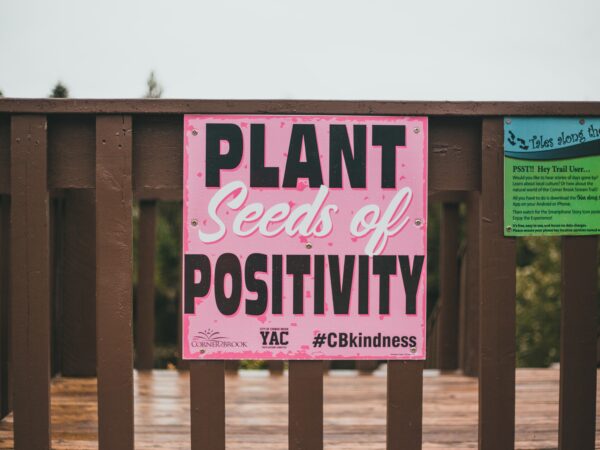As human beings, it is natural for us to seek companionship and form relationships with others. We are social beings, and relationships are an essential part of our lives. But have you ever stopped to ask yourself the question, “Who am I in a relationship?”
Understanding your identity in a relationship is one of the most important aspects of building a healthy and fulfilling relationship with your partner. Not understanding or neglecting this aspect can lead to confusion, frustration, and dissatisfaction in the relationship.
In this article, we will explore who you are in a relationship and ways to strengthen your identity in a relationship.
Who Am I in a Relationship?
The answer to this question is not as simple as it may seem. Who you are in a relationship is a combination of your personality traits, beliefs, values, and experiences. These factors shape your behavior and the way you interact with your partner.
To understand who you are in a relationship, it’s important to first understand yourself. Take time to reflect on your personality traits and how they manifest in your relationships.
For example, are you a naturally empathetic person who prioritizes your partner’s feelings during conflicts? Or are you someone who likes to take charge and control the direction of the relationship?
Understanding your personality can help you become more aware of your behaviors and how they affect your partner.
Your beliefs and values also play a significant role in who you are in a relationship. If you believe in honesty and transparency, you are likely to prioritize communication and sharing with your partner.
On the other hand, if you value independence and personal freedom, you may struggle with the idea of compromising in a relationship.
Experiences also shape who you are in a relationship (Who I am). Your past relationships, family dynamics, and childhood experiences can all impact the way you approach relationships.
For example, if you grew up in a household where conflict was avoided, you may struggle with conflict resolution in your relationships as an adult.
Building a Strong Identity in a Relationship
Once you have a better understanding of who you are in a relationship, the next step is to focus on building a strong identity. A strong identity allows you to bring your best self to the relationship and fosters a sense of trust and security with your partner.
1. Practice Self-Awareness
Self-awareness is essential to building a strong identity in a relationship. Take time to reflect on your thoughts and emotions, and be honest with yourself about your strengths and weaknesses.
When you are self-aware, you can identify areas of your behavior that may need improvement and communicate your needs effectively with your partner.
2. Communicate Effectively
Effective communication is the cornerstone of any healthy relationship. Learning to communicate openly and honestly with your partner can help you build a stronger sense of self in the relationship.
When you communicate effectively, you can express your needs, boundaries, and expectations clearly, which can help you and your partner feel secure in the relationship.
3. Embrace Your Individuality
While being in a relationship requires compromise and sacrifice, it’s essential to maintain your individuality. Embrace your hobbies, interests, and passions outside of the relationship.
This helps you maintain your sense of self and prevent feelings of resentment or anger towards your partner.
4. Set Boundaries
Setting boundaries is a crucial part of building a strong identity in a relationship. Boundaries help you communicate your needs and expectations in the relationship, which can help prevent misunderstandings and conflicts. Setting boundaries early on in the relationship can also help you and your partner establish trust and respect for each other.
5. Build a Support System
A strong support system can help you maintain your identity in a relationship. Friends, family, or a therapist can provide emotional support and offer a different perspective on your relationship.
Having a support system can also help you prioritize self-care, which is necessary for building a healthy relationship.
Conclusion
Understanding “who you are in a relationship” is essential to building a healthy and fulfilling partnership with your partner. Your personality traits, values, beliefs, and experiences shape your behavior in the relationship.
Focusing on building a strong identity in a relationship involves practicing self-awareness, effective communication, embracing your individuality, setting boundaries, and building a support system.
When you know who you are, you bring your best self to the relationship and can foster a sense of trust and security with your partner.











